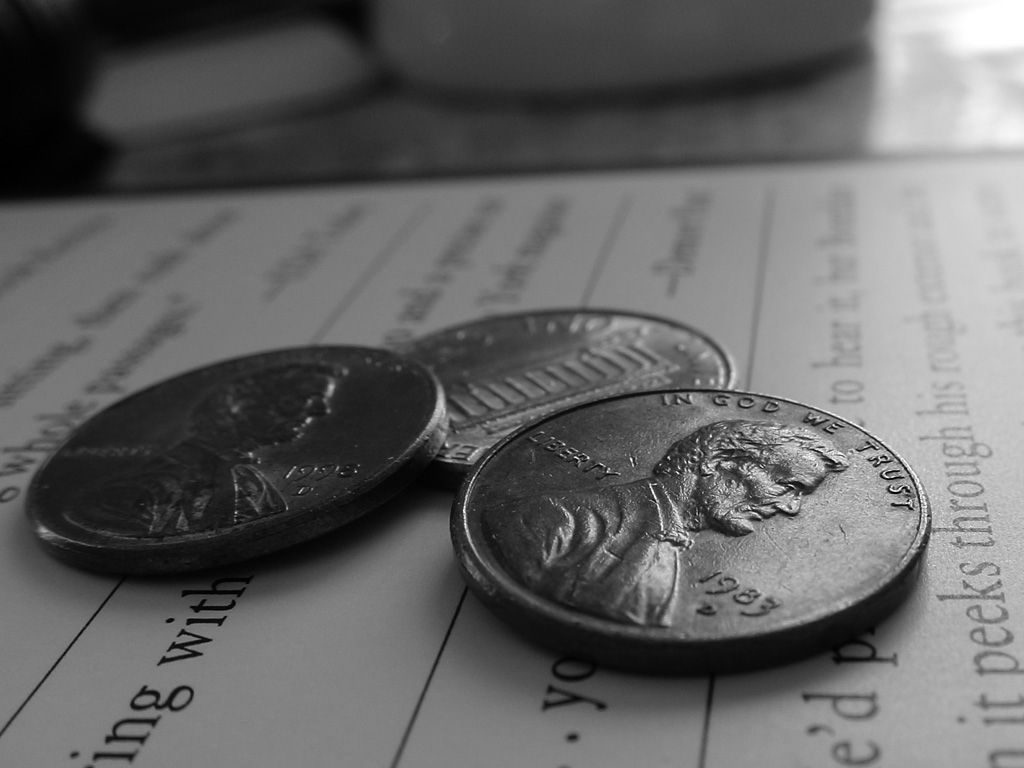Our Monday Money feature continues with a bare bones budgeting tip.
I was once one of those guys who would forget to pay bills even though I had the money.
The mail would come and I’d put the bills in a pile on my desk at home along with the rest of the mail and eventually I’d pay them.
The problem with that nonchalant attitude is sometimes you get dinged late fees on top on what you owe.
Some people are surprised when they get an electric bill in the summer that is double what they paid in the winter, or a winter gas bill that is triple what they paid in the summer. My solution for this I’ll have in a moment but first things first.
I came up with a simple form using a spreadsheet in Microsoft Excel that lists everything from my mortgage and each utility to other items that I know are going to be due each month.
My spreadsheet lists Who, What, Account #, Website, User ID, Password, How Paid, Monthly Amount, Due Date, Current Balance, Amount Paid, Date Paid and New Balance.
I don’t write paper checks except to my church, everything else is done online.
Some bills are on an auto-pay system either from my checking account, or from the utility.
I followed this pretty religiously for a few years, but that’s a lot of paperwork.
I have an even more basic system now.
I refer to my spreadsheet as a reference, but now I have a running Word Document that lists the Who, Monthly Amount and When Paid.
I list what bills I will pay with upcoming paychecks, even if I don’t have the exact amount yet.
An example would be our water and sewage bill. I estimated 60 bucks. When I got the bill in my email last week, it was 62.15 which I promptly paid and jotted down the real amount.
Here’s the tip that I have found to be a real lifesaver and that is signing up for the budget plan for our gas bill. We have a natural gas water heater and furnace. The actual usage dollar amount ranges from less than $10 for a month last summer to $155 for last month. My budget plan is $61 a month.
Now perhaps you have the discipline to set aside the funds into a savings account of your own and create your own version of a utility budget plan. Good for you.
My wife and I also have a savings account designed as a place to deposit funds for an upcoming trip.
But since the majority of Americans are living paycheck to paycheck, I have a feeling today’s tips on bare bones budgeting might help a few folks out.
What budgeting tips can you offer to help people keep their heads above water financially?

